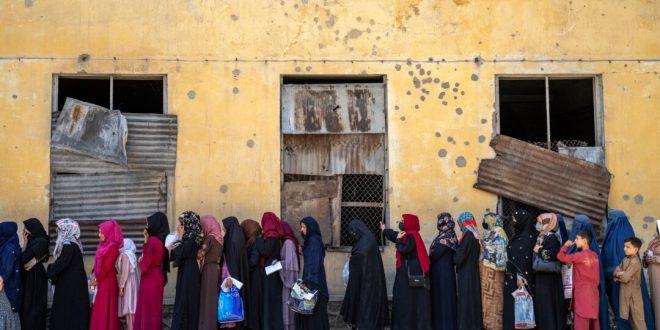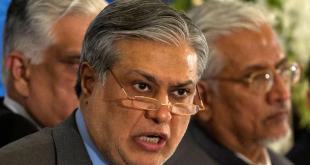KABUL — The United Nations Assistance Mission in Afghanistan (UNAMA) has expressed concern over what it describes as an intensifying pattern of limitations affecting Afghan women and girls, as detailed in its latest quarterly human rights report released on Thursday.
The report covers developments from January to March 2025 and highlights growing constraints on women’s ability to participate in public life, access services, and pursue education or employment. UNAMA noted continued challenges faced by women seeking healthcare without a male companion and reiterated reports of restrictions on access to work in both public and private sectors.
In several provinces, women-led businesses — including home-based beauty services — have reportedly been closed, while some local media outlets operated by women have also ceased broadcasting. The mission noted that such developments have reduced visibility and participation of women in community life.
Additionally, the report documented instances where community members were instructed to discourage unaccompanied women from entering public places, such as shops and markets. In one case, a healthcare facility reportedly received verbal directives to limit services to female patients unless accompanied by a male guardian.
UNAMA also recorded broader concerns regarding public discipline practices and pressures on religious communities. In certain districts, members of minority groups reported being encouraged to adopt prevailing religious interpretations.
Taliban authorities, for their part, maintain that their policies are grounded in Islamic principles and Afghan cultural norms. In a statement issued on International Women’s Day, Taliban spokesperson Zabihullah Mujahid said the Islamic Emirate “remains committed to safeguarding women’s dignity and entitlements in line with Sharia and national traditions.”
The UN mission has called for continued dialogue and engagement to ensure that the rights of all Afghans — including women and minorities — are respected in accordance with international standards. The report also noted recent developments at the international level, including legal actions under international human rights mechanisms.
UNAMA reaffirmed its commitment to impartial reporting and encouraged all parties to work toward a future where every citizen can participate meaningfully in the country’s social and economic life.
 Afghanistan Times
Afghanistan Times




